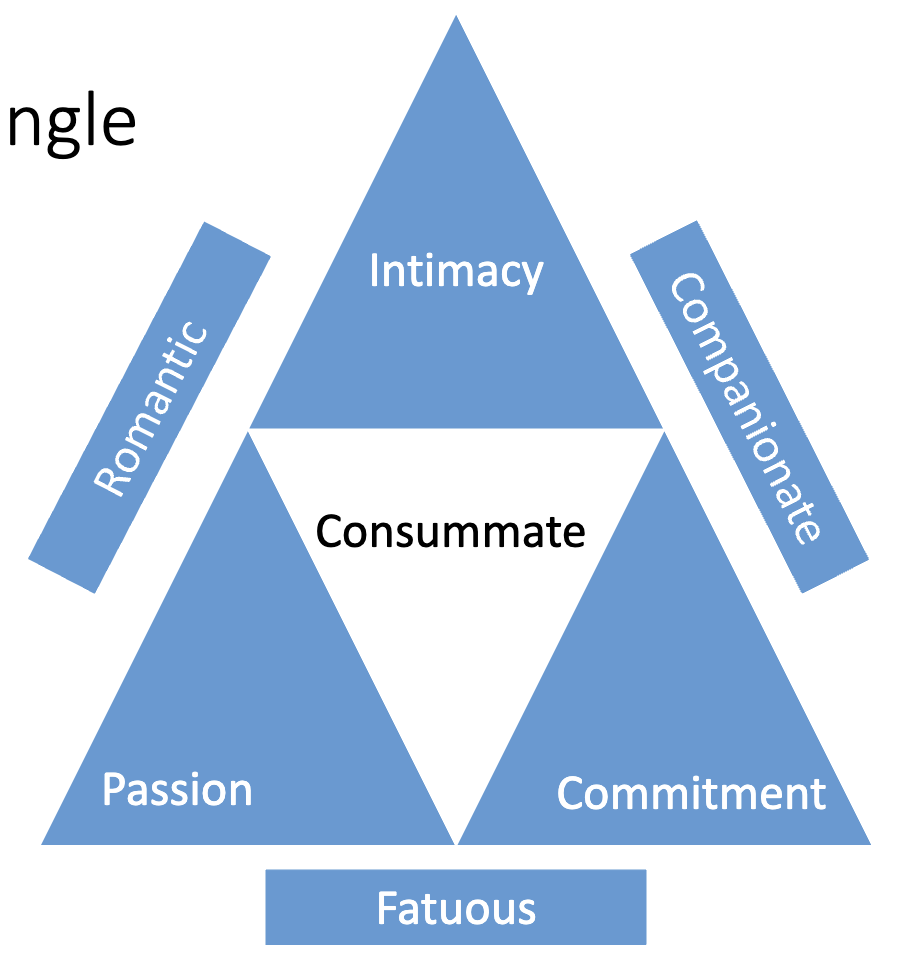Becoming You: Human Development Across the Lifespan
5.0(3)
5.0(3)
Card Sorting
1/44
Earn XP
Study Analytics
Name | Mastery | Learn | Test | Matching | Spaced | Call with Kai |
|---|
No study sessions yet.
45 Terms
1
New cards
What is an assumption of this course and the text?
Behavior must be interpreted in the context of the environment.
2
New cards
As assumption of this course is that individuals’ lives show ______ and _______ as they develop over time.
continuity, change
3
New cards
The term plasticity refers to:
the capability of being shaped and molded
4
New cards
Longer life expectancy is related to:
a more gradual transition to adult roles
5
New cards
What sense provides the earliest link between infants and mothers?
Hearing
6
New cards
What might an infant do that would provide evidence that **Habituation** has occurred?
Have less of a response each time they see the same red teddy bear
7
New cards
The Visual Cliff paradigm was originally thought to measure fear responses in infants. What does the **Visual Cliff** paradigm actually measure?
Depth perception
8
New cards
What is Vygotsky’s zone of proximal development?
Too difficult for child to do alone but possible with help
9
New cards
What was the *strange situation* paradigm designed to measure?
attachment
10
New cards
Two-word sentences such as “Have bear” and “Daddy sleep” are examples of:
telegraphic speech
11
New cards
Which of the following is true about boys and girls?
Girls tend to mature at earlier ages than boys.
Boys tend to be sexually active at younger ages than girls.
As they grow older, girls tend to report more depressive symptoms than boys.
**ALL**
Boys tend to be sexually active at younger ages than girls.
As they grow older, girls tend to report more depressive symptoms than boys.
**ALL**
12
New cards
Piaget's Pendulum Problem was designed to test whether adolescents had developed what skill?
Hypothetico-deductive reasoning
13
New cards
What is true about brain development?
Brains develop back to front
14
New cards
What is the last of Piaget's stages of cognitive development?
Formal operational stage
15
New cards
What does intersex mean?
Intersex refers to a range of atypical physical sex characteristics
16
New cards
What is defined by integrated cognitive, social, emotional, or behavioral patterns that are influenced by culture?
Gender
17
New cards
Self-understanding moves from Categorical to Comparative in Early School Age. What is an example of **Comparative** self understanding?
I am taller than most other kids
18
New cards
What are Kohlberg’s stages of moral development?
Preconventional, conventional, postconventional
19
New cards
A parent is trying to discipline their toddler for hitting another child at the playground. What approach would be best?
Tell the child that hitting is not okay because it hurts others. Set a 3-minute timer for a “time out.”
20
New cards
What describes the parenting style of “inductions”
Explaining why the behavior was wrong
21
New cards
What does the Marshmallow Test measure?
Delayed gratification
22
New cards
What is an example of overregularization (a grammar error)
I “runned” fast
23
New cards
What is the Psychosocial Crisis of Toddlerhood?
Autonomy vs. Shame and Doubt
24
New cards
What is an example of a higher order emotion?
Guilt
25
New cards
A group of people who are roughly the same age during a particular historical period are referred to as:
a cohort
26
New cards
According to Maslow's hierarchy of needs, what is considered the highest level or most advanced human achievement of needs?
Self-actualization
27
New cards
What is an example of a "coercive escalation" conflict style?
a style of interaction in which the probability that a negative remark will be followed by another negative remark increases as the chain of communication gets longer and longer
28
New cards
During the early years of a child's life, their parents/guardians will, on average:
have less leisure time to spend together
29
New cards
What is the combination of the 3 types of love (Sternberg)?
Consummate love

30
New cards
What is the “sandwich generation”?
Adults who are sandwiched between caring for their children and their parents.
31
New cards
According to developmental psychology research, what couples will have the highest rates of marital satisfaction?
A couple with high congruence (birds of a feather)
32
New cards
What refers to age norms and expectations for particular roles or behaviors, e.g., being “on time”?
social clock
33
New cards
A group of people who are roughly the same age during a particular historical period are referred to as:
cohort
34
New cards
According to Maslow's hierarchy of needs, what is considered the highest level or most advanced human achievement of needs?
self-actualization
35
New cards
What is an example of a "coercive escalation" conflict style?
a style of interaction in which the probability that a negative remark will be followed by another negative remark increases as the chain of communication gets longer and longer
36
New cards
During the early years of a child's life, their parents/guardians will, on average:
have less leisure time to spend together
37
New cards
What is the psychosocial crisis of infancy?
Trust vs. mistrust
38
New cards
What is the psychosocial crisis of early school age?
Initiative vs. guilt
39
New cards
What is the psychosocial crisis of middle childhood?
Industry vs. inferiority
40
New cards
What is the psychosocial crisis of early adolescence?
Group identity vs. alienation
41
New cards
What is the psychosocial crisis of later adolescence?
Identity vs. role confusion
42
New cards
What is the psychosocial crisis of early adulthood?
Intimacy vs. isolation
43
New cards
What is the psychosocial crisis of middle adulthood?
Generativity vs. stagnation
44
New cards
What is the psychosocial crisis of later adulthood?
Ego integrity vs. despair
45
New cards
What is the psychosocial crisis of elderhood?
Immortality vs. extinction